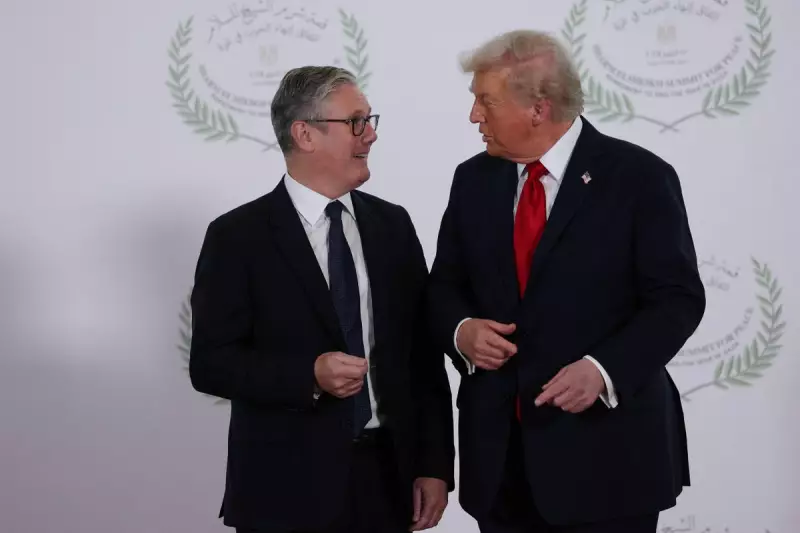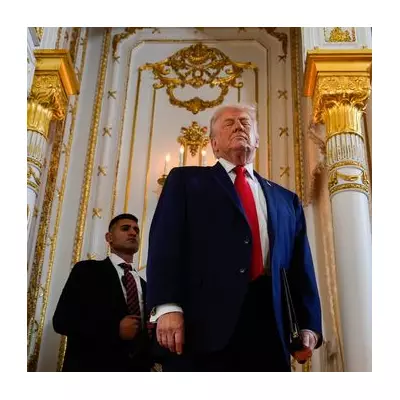
In a bold diplomatic move that signals a potential shift in UK foreign policy, Labour leader Sir Keir Starmer has reportedly declined a meeting with former US President Donald Trump. The snub comes amid significant disagreements over Trump's proposed peace plan for Gaza, setting the stage for what could be a fundamental realignment of the special relationship should Starmer enter Downing Street.
A Clash of Foreign Policy Visions
Sources close to the Labour leadership indicate that Starmer's refusal stems from substantial concerns about Trump's approach to the Middle East conflict. The former president's proposed Gaza peace plan, details of which have been circulating among diplomatic circles, appears to conflict with Labour's stated position on achieving a sustainable ceasefire and long-term solution in the region.
This diplomatic standoff represents more than just a personal disagreement between two political figures. It underscores the profound differences in foreign policy approach that could define US-UK relations if both men hold significant power in their respective countries come 2025.
Strategic Positioning Ahead of Elections
Political analysts suggest Starmer's move serves multiple strategic purposes:
- Domestic messaging: Reinforcing Labour's commitment to a principled foreign policy approach
- International positioning: Demonstrating independence from US influence regardless of administration
- Diplomatic signalling: Establishing clear red lines ahead of potential future negotiations
Implications for the Special Relationship
The declining of this meeting marks a significant departure from traditional British political protocol, where leaders typically maintain open channels with major US political figures across the partisan divide. Starmer's decision suggests a Labour government might pursue a more assertive and independent foreign policy than previous administrations.
With Trump leading in US election polls and Starmer maintaining a substantial advantage in UK polling, this early friction hints at potential tensions in the historic special relationship. The Gaza conflict has emerged as an early fault line, with Labour's position apparently incompatible with Trump's envisioned approach.
As both nations move toward crucial elections, this diplomatic snub serves as a clear indicator that a Starmer-led Britain would not automatically align with US policy, particularly on matters of international conflict and humanitarian concern.





